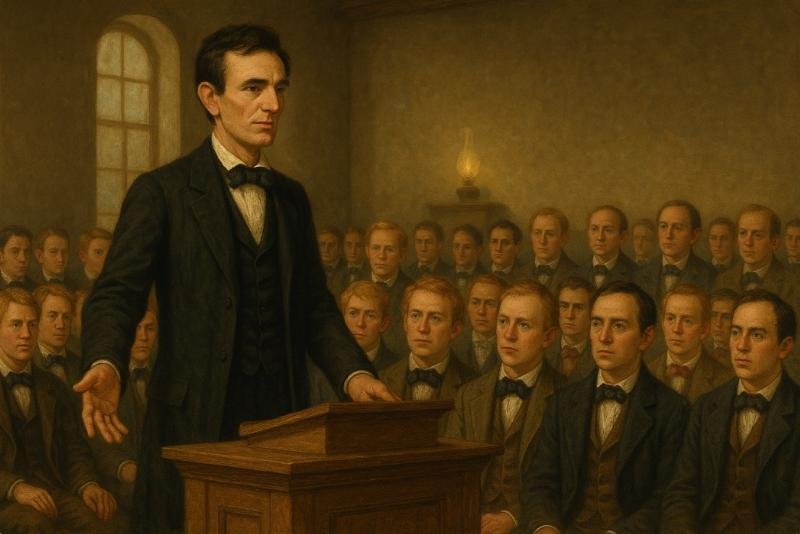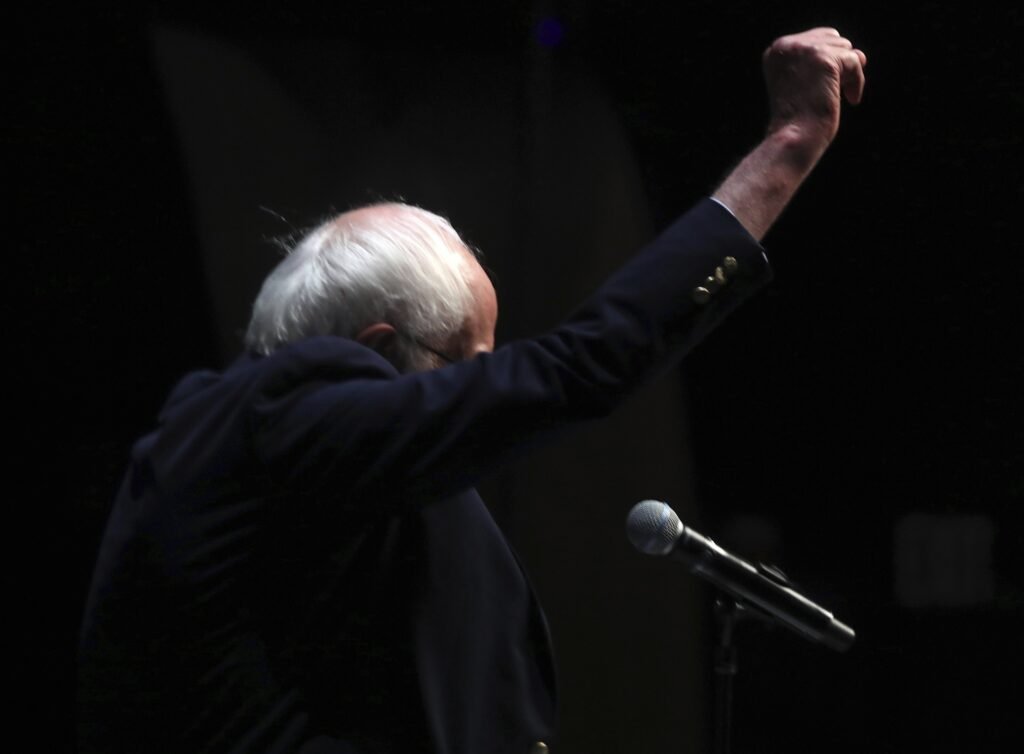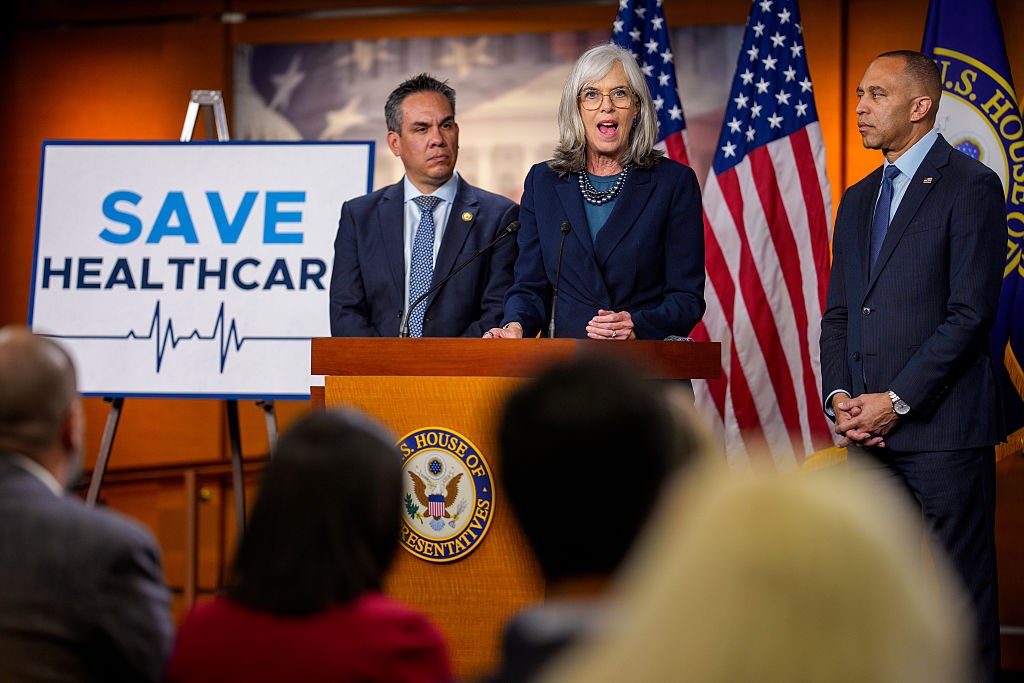Now Reading: Lincoln’s guidance in confronting mob rule
-
01
Lincoln’s guidance in confronting mob rule
Lincoln’s guidance in confronting mob rule

Article Summary
In an address to a group of young men in Illinois, a 29-year-old Abraham Lincoln expressed grave concern about the growing trend of “mobocratic” behavior in American society. He warned that an increasing disregard for law was spreading across the nation, replaced by irrational passions instead of calm judgment. Lincoln stated that this trend had ominous implications for the future, highlighting the potential for lawlessness to endanger lives, destroy property, and insult families. He suggested that this lawlessness could breed further disorder, leading to the emergence of individuals capable of undermining the very fabric of the republic.Lincoln’s concerns, although expressed in the context of the 1830s, resonate with contemporary issues, prompting modern reflections on governance and societal stability. The inquiry into “What is going on?” evokes worries about the erosion of the rule of law and the loyalty to the nation itself. Just as Lincoln feared potential figures like a modern-day Benedict Arnold, similar sentiments arise today about loyalty and integrity in public leadership. The author questions the robustness of American governance and the extent to which tolerated lawlessness represents a betrayal of national ideals.
Lincoln’s remedy for the mobocratic tendencies he observed was a call for renewed commitment to the law by every American. He believed that fostering a strong understanding of the nation’s unique legal landscape—encompassing moral, natural, positive, and unwritten laws—was crucial. This dedication would help ensure that future generations appreciate the principles of governance and their responsibilities within a capitalist economic system. The author suggests that, rather than exaggerating societal malaise, we must tackle foundational knowledge gaps to help alleviate current tensions.
To restore order, the author emphasizes the significance of clarity in governmental processes, such as how federal funding is structured and the roles of various entities in legislative procedures. The need for timely passage of appropriations bills and adherence to established processes is highlighted as vital for a stable governance structure. Additionally, the author discusses the complexities surrounding immigration and the conditional nature of constitutionally protected rights, particularly concerning speech and assembly. Recognizing the limits and responsibilities tied to these rights is essential in maintaining order and mutual respect within society.
Ultimately, the solution lies not only in an understanding of laws and processes but also in reviving a sense of innate patriotism that Lincoln appealed to. However, this spirit must be rooted in a solid knowledge of the systems that uphold American values. The author concludes by reflecting on Lincoln’s assertion that any destruction resulting from societal strife is a responsibility of the people themselves. By adhering to foundational principles and ensuring timely compliance with legislative decisions, there is potential to curb the drift toward disorder and reinforce the pillars of American liberty.












